The Asian Society of Labour Law (AsianSLL) held a Special Conference in Manila last 16-17 December 2022, with the theme “Labour Rights in the New Normal”. The Conference was organized in cooperation with the Workers and Employees Program (WEP), University of the Philippines College of Law/Law Center. Labour law practitioners, academics, experts, and law students from all over Asia attended physically in the Malcolm Theater and Bocobo Hall, both in the UP Law Complex, Diliman, Quezon City, and virtually via Zoom Webinar.
The Manila Special Conference is the second AsianSLL conference held in Manila, after the 2010 Biennial Conference which was also hosted by the University of the Philippines College of Law/Law Center.
The UP Rayadillo formally opened the event, which was followed by the singing of the Philippine National Anthem and the invocation led by the UP Law Charivari. The latter also sang a serenade as a special number.
The Opening Remarks from the University of the Philippines College of Law Dean Edgardo Carlo L. Vistan II followed. The Dean emphasized the need for a paradigm shift in order to address the concerns brought about by the COVID-19 pandemic, the steep rise in inflation, and the problem of discrimination at work.
AsianSLL Founding Member and Member of the International Labour Organization (ILO) Committee of Experts on the Application of Conventions and Recommendations Dr. Shin-Ichi Ago also greeted everyone and discussed the history of the formation and the growth of the Society.
Professor Dr. Nik Ahmad Kamal Nik Mahmod, the first AsianSLL President (2008-10), also delivered his greetings and expressed the hope that the Society may, in the future, be able to generate funds through conferences in order for the Society to organize more meetings.
Professor Patricia R.P. Salvador Daway, AsianSLL Interim President (2022) and Former President (2010-12) as well as WEP Program Director, presented the “Historical Notes on the Society and Pandemic And Post-Pandemic Challenges”. She stressed that the “concerns of workers in traditional work arrangements should be considered together with the concerns and challenges that face the workers in emerging work arrangements, notably the digital platform workers such as our reliable food and supply delivery riders.” She said: “Accordingly, we cannot remain as an exclusive Society, if we are to remain relevant and responsive to the fast-changing milieu, and compliant with the AsianSLL Constitution, which envisions a Society which must serve as a centre for activities for research and development, and in the process, effectively initiate and help in the crafting of much-needed policy and law reforms in the field of Labour Law in Asian countries and beyond.”
University of the Philippines College of Law Associate Dean Solomon F. Lumba closed the Opening Ceremonies by expressing hope for a better and brighter future.
The thematic discussions followed, during which various labour law experts and law students presented papers focused on the following themes: (1) Workers’ Rights Amidst the New Normal; (2) Gender Equality in Labour Law; and (3) Other Topics Related to Labour and the New Normal.
The first thematic discussion on Workers’ Rights Amidst the New Normal centered on two main concerns: (1) the plight of the platform or gig workers and health workers whose roles became even more vital during the pandemic; and (2) the challenges of work-from-home, remote work, telework, and other similar arrangements.
The second thematic discussion on Gender Equality in Labour Law focused on the challenges faced by women and lesbian, gay, bisexual, transgender, queer, intersex, asexual, and more (LGBTQIA+) workers such as restrictive dress codes and gender pay gap. The presenters underscored the urgent need to address the consistent discrimination they face in the workplace.
The third thematic discussion on Other Topics Related to Labour and the New Normal touched on the following issues: the relationship between labour law and civil law, choice-of-law issues in governing collective labour relationships, formal and informal mechanisms for enforcing holiday bonuses in Southeast Asia and in resolving collective disputes in Vietnam, occupation of factories by workers to push for collective bargaining with employers in China, assessment of legal reforms in unionization in Taiwan, the absence of informal workers’ rights and benefits under the Labor Code of the Philippines, due process rights in termination by Philippine employers of employment due to disease, and issues affecting Vietnamese workers engaged under Japan’s technical intern training program.
After the thematic discussions, the AsianSLL proceeded to consider the admission of new members, the ratification of the amendments to the Constitution, the election of the Executive Council Members, and the election of officers.
Professors Dr. Yujuan Zhai of China, Professor Dr. Kamala Sankaran of India, and Dr. Panthip Pruksacholavit of Thailand were elected as new Executive Council Members. With their election, the total number of Executive Council Members is 18, up from 16.
Professor Dr. Chin-Chin Cheng of Taiwan was elected as President, Attorney Chih-Poung Liou of Taiwan and Professor Dr. Yujuan Zhai as Vice-Presidents, Prof. E. (Leo) D. Battad of the Philippines as Secretary General, and Emeritus Professor Kozo Kagawa of Japan as Treasurer.
At the welcome dinner, AsianSLL members were accorded a mesmerizing show organized by the very talented Mr Juan Ysmael Mendoza which highlighted young UP talents.
The conference ended with the distribution of certificates and an invitation by Professor Dr. Chin-Chin Cheng of Taiwan for the 2023 AsianSLL Taiwan Biennial Conference, tentatively scheduled on 10-11 November 2023, with the theme “Occupational Safety and Health in Asia”.

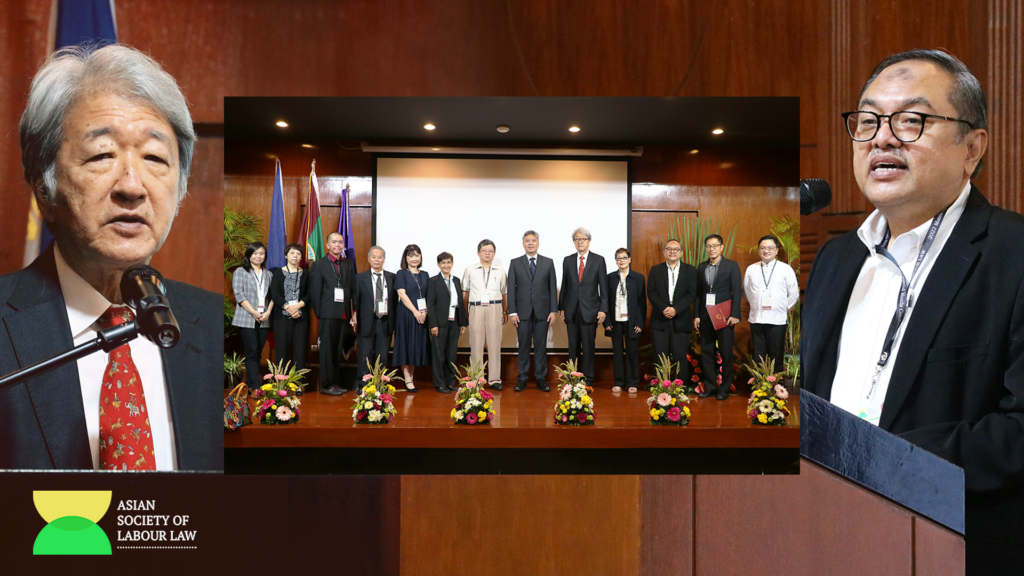
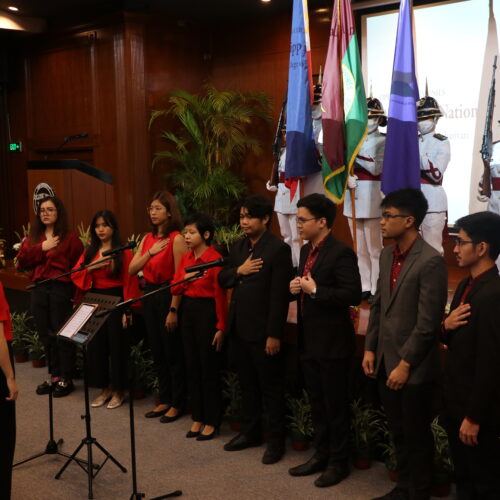
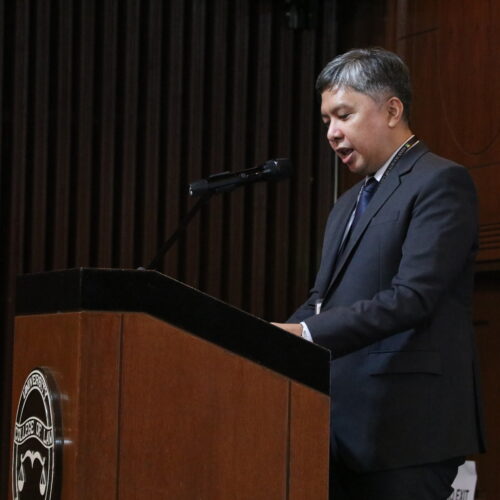
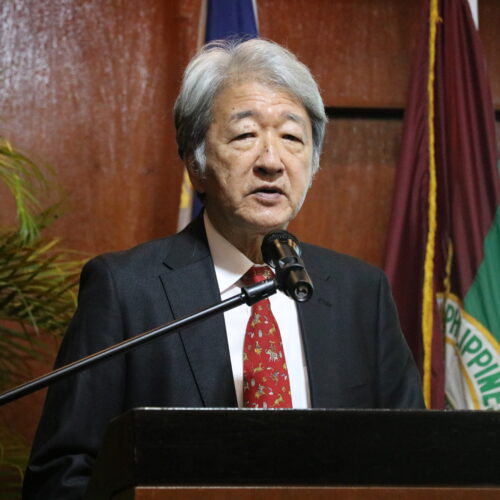
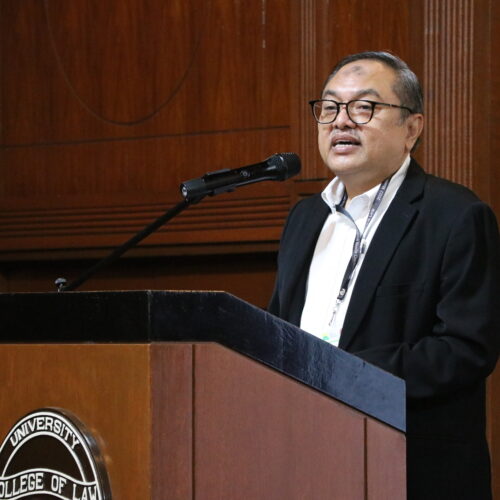
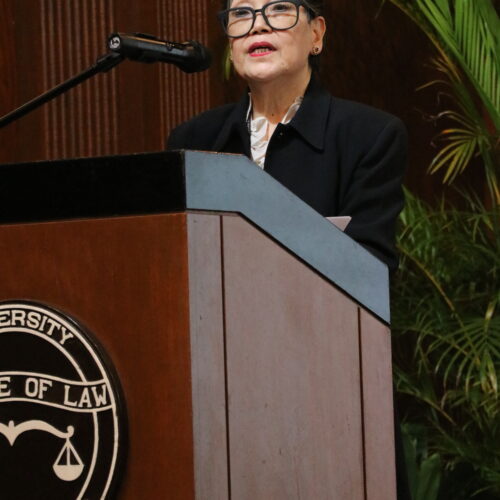
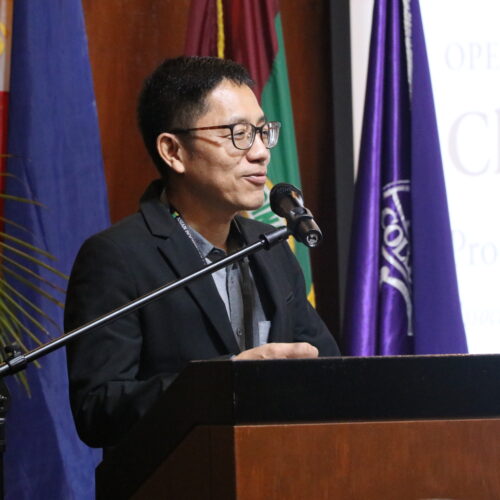
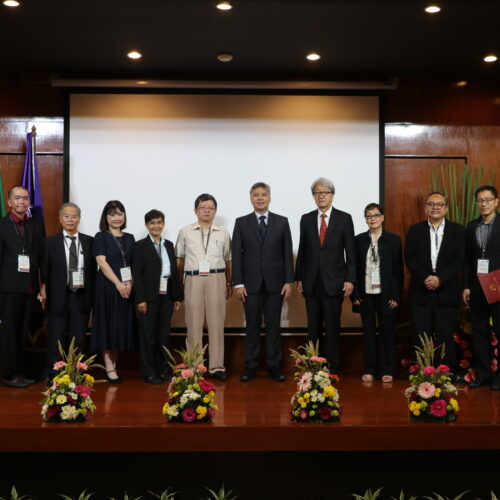
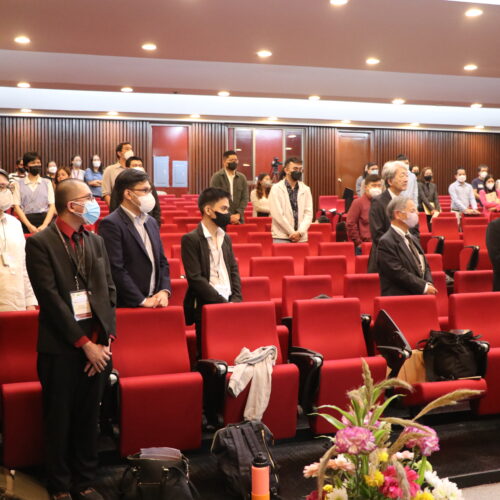
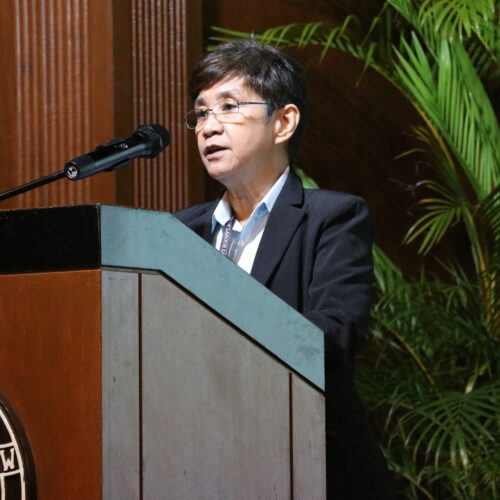
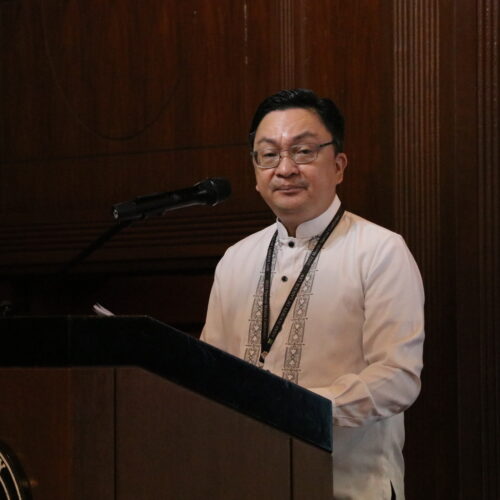
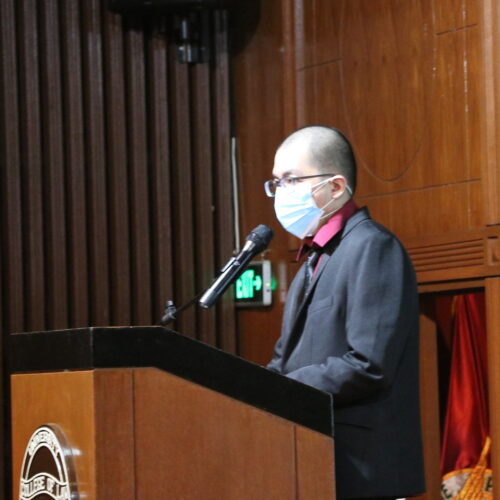
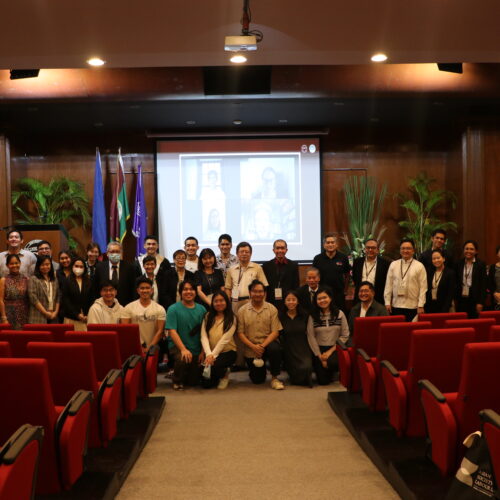
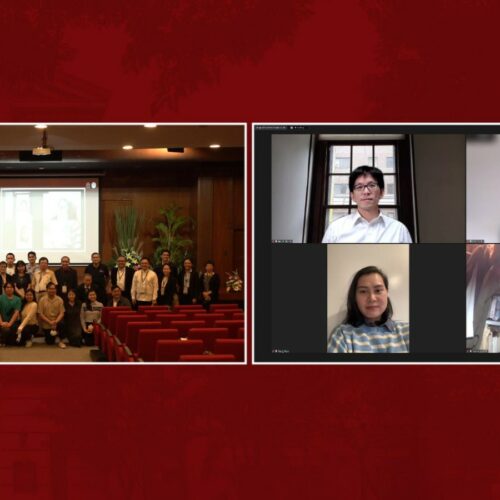
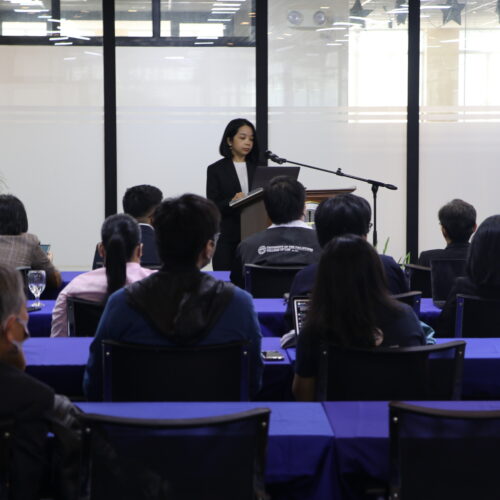
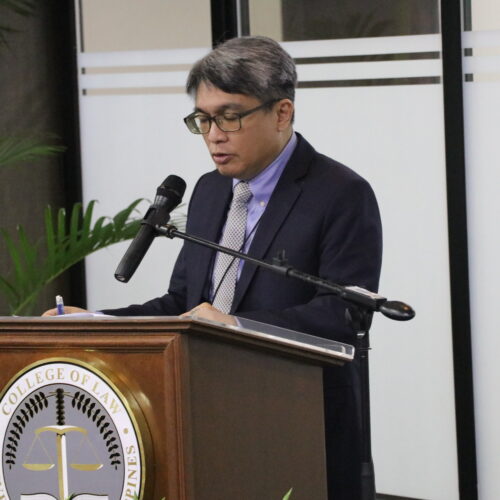
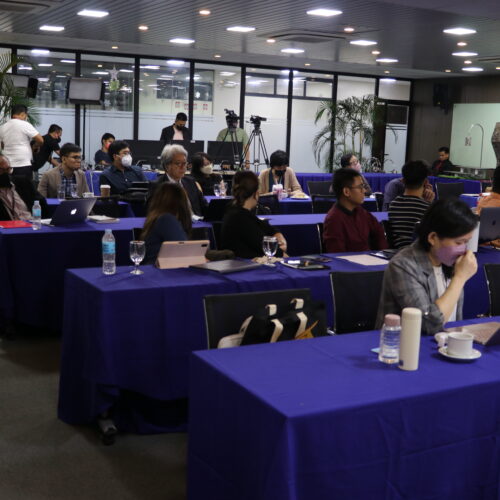
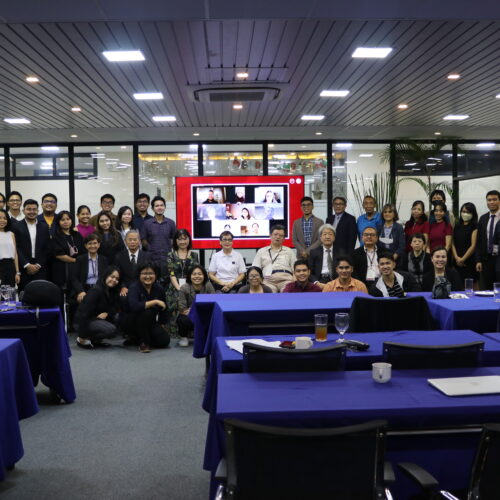
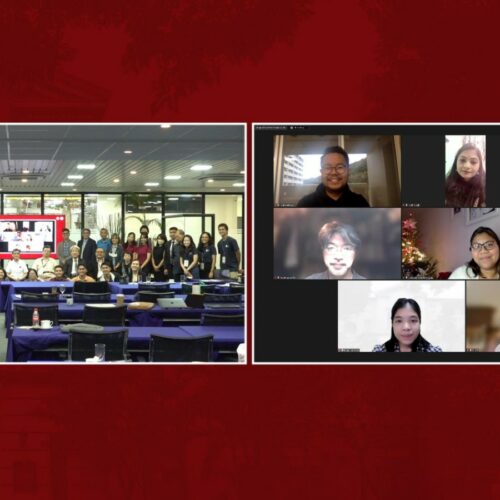
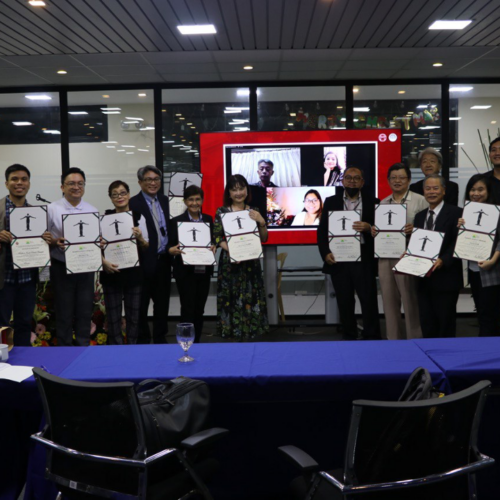






































































































 on the upper right corner to select a video.
on the upper right corner to select a video.